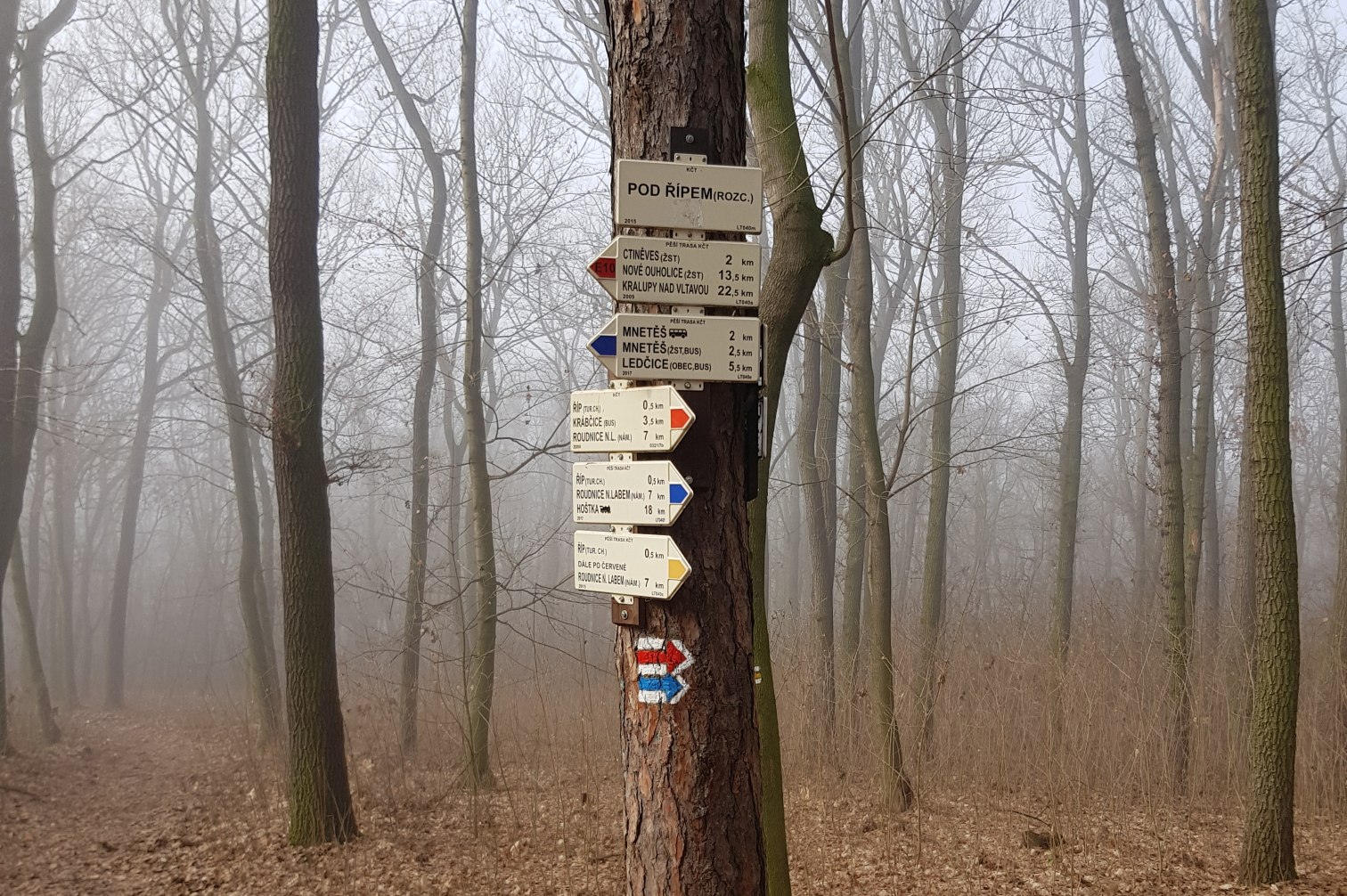
Critical Heritage Studies: Central European Perspectives, 6-7 October
Critical Heritage Studies: Central European Perspectives, 6-7 October
Tue Sep 27 14:56:07 CEST 2022

Conference organized by the Department of Critical Heritage Studies.
CRITICAL HERITAGE STUDIES: CENTRAL EUROPEAN PERSPECTIVES
Since the inception of the Association for Critical Heritage Studies (ACHS) in the early 2010s, various local or thematic networks have emerged across the globe to promote new ways to tackle what is understood as heritage. Central Europe has been somewhat neglected so far in these discussions. The conference thus aims to achieve two interconnected goals: first, it will introduce critical heritage studies approaches to the local audience and open new research avenues in the region; and second, it should stimulate debate about how Central European perspectives may enrich international heritage studies scholarship.
Central Europe’s peculiar past echoes to the present. The region's history has been marked by violent ruptures and continuities that shaped local state formations, communities, and, consequently, local notions and practices of heritage. Modern nationalism played a decisive role as a force behind both imperial and nation-state discourses and practices of heritage; the violent and destructive forces unleashed by the two World Wars played a role as well. With state borders being redrawn and whole communities disappearing or being displaced, societies had to find new ways of dealing with the relics of the past. The advent of socialism and the new global order after WWII further reshaped the way people related to and imagined what is and is not “their” heritage. State socialism brought its modernist vision of protecting and presenting heritage. Finally, global and local changes after the fall of the Soviet bloc in the early 1990s brought new challenges and new ways of dealing with heritage amidst the reality marked by the legacies of socialism and the emerging market economy.
Regional approaches to heritage have often stressed a traditional and unified notion concerning national monuments and their preservation. We argue that the conceptual toolkit of critical heritage studies provides a new and promising approach for understanding heritage that goes beyond the traditional conceptions. For instance, analysing the discursive dimension of heritage politics allows for considering the power relations and potential conflicts between the state, institutions, heritage managers, and the public. Thus, it sheds light on the contested nature of heritage. Power relations are evident also in the politics of heritage representation and management, which addresses new museology. Unlike traditional views of the museum, this approach also calls for a different attitude to museum visitors and a greater involvement of the public in curatorial practices. Another new approach to heritage comes from social anthropology, which turns attention to relations between human and more-than-human actors and thus challenges the older notion of viewing cultural heritage and natural heritage as two separate entities. All these critical provocations have the potential to stimulate local intellectual discussion and practical aspects of heritage management. On the other hand, we would also like to discuss the limits and pitfalls of adopting international critical heritage studies in the region. Central Europe had a different history from the countries where critical heritage studies were initially conceived. It is thus not possible to simply copy-and-paste these approaches without adjusting them to local conditions.
DAY 1
9:30–10:00 Registration
10:00 Welcome (J. Woitsch)
10:10 David C. Harvey: Keynote “Heritage-Landscapes and the Nation: Hidden Stories and Alternative Narratives”
11:45–13:00 Lunch
13:00–14:00 Papers session 1 (Chair Filip Herza)
Uwe Baumann, Curating Destination “Ex-Utopia” - Negotiating Dissonant Heritage in the Digital Age
Vít Jesenský, Critical heritage studies through the lens of heritage conservation
14:00–14:30 Coffee break
14:30–16:00 Paper session 2 (Chair Olga Nešporová)
Špela Ledinek Lozej and Nataša Rogelja Caf, Heritage on the margins
Sandra Uskokovic, Hegemony of the Antiquity’ Heritage: Sharing a Common Past?
Jiří Woitsch, Pavel Horák and Filip Herza, Critical Heritage Studies and Researching the Czech Borderlands
16:00–16:30 Coffee break
16:30–18:00 Roundtable 1 (David Harvey):
Heritagization of the Landscape, (Inner) Borderlands & Forced Migration; Authoritative Heritage Discourse and the CEE Region
18:00 Conference Dinner
DAY 2
10:00–11:30 Papers session 3 (Chair Jaroslav Otčenášek)
Ivo Strahilov Uncertain Europeanness: Dealing with the Ottoman Heritage in EU Bulgaria
Ondřej Kolář, Commemorating War in Public Space: Case of Ostrava Battlefield
Kristen Barrett-Casey, The Humboldt Forum and the politics of heritage: creating a new German political identity in the 21st Century
11:45–13:00 Lunch
13:00–14:00 Papers session 4 (Chair Nikola Balaš)
Karina Račaitytė, Constructing identities while living surrounded by a heritage from soviet era: a case study of Kaunas
Petra Švardová, Reluctant heritage: Communist era monuments in the contemporary world.
14:00–14:30 Coffee break
14:30–16:00 Roundtable 2 (Gruia Badescu):
Socialist Period and its Heritage in CEE
16:00–16:10 Closing session
VENUE & ACCOMODATION
The conference takes place in Vila Lanna, V Sadech 1, 160 00 Praha 6 - Bubeneč.
https://mapy.cz/s/cukezafoku The closest tram and metro station is “Hradčanská” (A Line).
Vila Lanna also offers accomodation. Please check capacity at recepce@vila-lanna.cz or call +420 224 321 278.
Conference participants arrange accomodation at own expenses. Apart from Vila Lanna, there is a number of various accomodation options in the nearby area.
ORGANISING TEAM
Dr Pavel Horák, Institute of Ethnology, Czech Academy of Sciences
Dr Jaroslav Otčenášek, Institute of Ethnology, Czech Academy of Sciences
and the rest of the team of the Department of Critical Heritage Studies, Institute of Ethnology, CAS.
CONTACT
for general inquiries, please, email us at otcenasek@eu.cas.cz
FUNDING
The Czech Academy of Sciences kindly sponsors the conference via the Strategy AV21 Programme “Anatomy of European Society”

